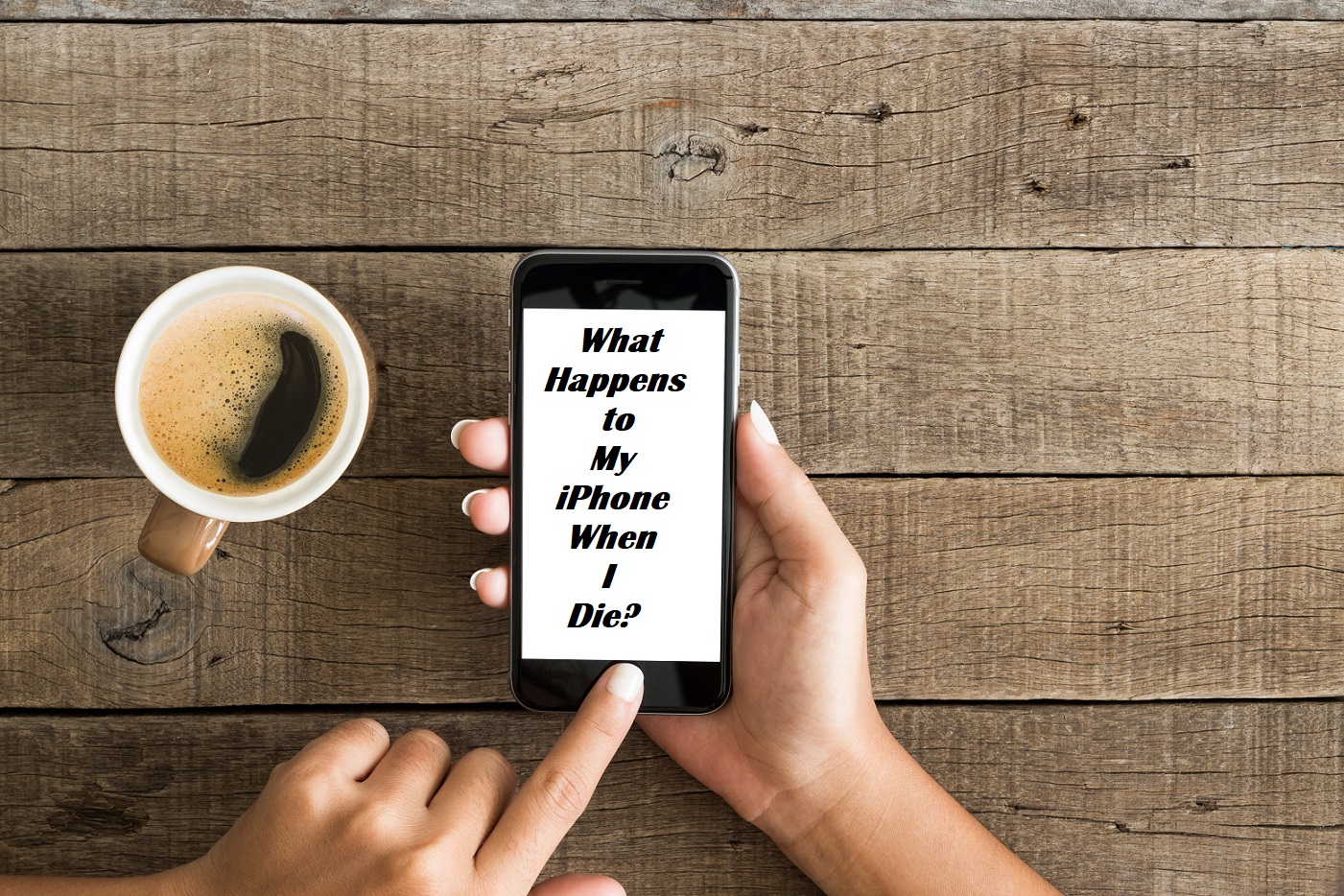Long Brightbill Attorneys At Law
Trusted Local Counsel Since 1902
Trusted Local Counsel Since 1902
Trusted Local Counsel Since 1902

Ever wonder what happens to your iPhone when you die? We’ll discuss how to preserve digital information on your electronic devices, using Apple products to illustrate the current state of the law as it relates to digital assets. This article only scratches the surface of a growing and complicated area of the law.
First, let’s make a simple distinction between an electronic device versus the content stored on them. The device itself is considered ‘tangible personal property.’ Generally, personal property passes under the terms of a will, a trust, or according to a specific jurisdiction’s ‘intestacy laws.’ These are laws that direct where assets pass when a person dies without a will.
Most people couldn’t care less who gets their old devices when they die. They care more about data or content; the information stored on an iPhone, or in iCloud. What happens to a collection of family photos or videos; log-in credentials stored in iCloud Keychain; Contacts; Calendars; Notes or Voice Memos? The answer depends on how proactive the user was in preplanning for death or incapacity.
Generally, big tech companies emphasize individual user privacy as a primary concern. As a result, it can be difficult or impossible to gain access to a loved one’s digital information, unless affirmative steps were taken on the part of the user to specifically authorize another person to have access. Without proper preplanning, you could be stuck with the company’s Terms of Service Agreement (TOSA), which might preclude any transfer of data without express authorization from the user. Let’s see what Apple says:
“At Apple, we consider privacy to be a fundamental human right, and our users expect us to help keep their information private and secure at all times. In the unfortunate event of a customer’s death, Apple provides options for their loved ones to request access to or delete their Apple ID and the data stored with it.” (emphasis added). Source as of July 26, 2022: https://support.apple.com/en-us/HT208510
Apple’s recommendation is to utilize the current iteration of ‘Apple Legacy Contact.’ Within minutes, an Apple user can designate an individual to access information associated with the user’s Apple Id when the user dies. This is similar to a beneficiary designation on an IRA or brokerage account. Check out Apple’s online support for further information on setting up an Apple Legacy Contact by clicking the link above. This is a simple tool that will help an individual user grant access to certain digital information when they die.
Only a fraction of tech companies currently offer similar tools; Google has a tool called ‘Inactive Account Manager,’ and Facebook (Meta) offers a ‘Legacy Contact’ tool.
Unfortunately, the current version of Apple Legacy Contact does not address incapacity; Apple doesn’t offer a solution for users who wish to grant access to someone to manage their data, on their behalf, while the user is still alive but has become incapacitated. The user could provide log-in credentials while they are of sound mind, but this only works so long as the user continually keeps accurate records. The Apple Legacy Contact is a step in the right direction, but it is not a perfect solution.
At the present time, the best solution is to create traditional estate planning documents, like a will or power of attorney, that specifically addresses digital assets in conjunction with using online tools when they are available. Under Pennsylvania’s Revised Uniform Fiduciary Access to Digital Asset Act (RUFADAA), the traditional estate planning documents must specifically authorize the level of access you wish to grant to your trusted fiduciaries during incapacity or after death.
With technological advancements, the role of an executor or power of attorney is becoming more complicated. To ease the administrative burden on your loved ones, start planning now.
If you would like to ask questions or learn more about estate planning for digital assets, please contact me through our website or by telephone at (717) 272-6646.
Fred Long is the Managing Partner in the Estate Planning Department at Long Brightbill. He encourages clients to engage in dialogue among family and friends surrounding issues of death, dying, and incapacity. With technological advancements affecting transferability of assets upon death or incapacity, it is important – now more than ever – to devise proper estate plans that minimize the heavy burden imposed on fiduciaries who are tasked with managing the affairs of another upon incapacity or death. What else would you like to know? Leave a comment or question and I will try to address it in a future post.